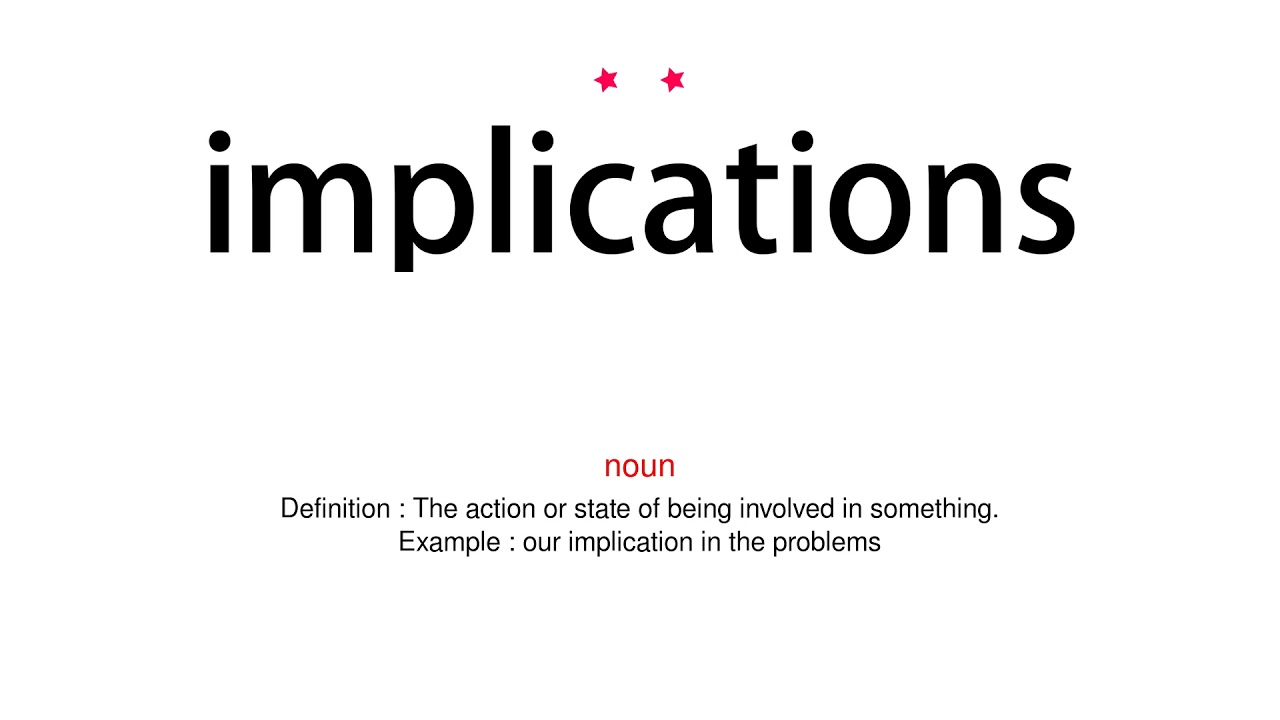In the midst of the lush rainforests and pristine beaches of Indonesia, a new proposal is stirring up discussions among travelers and locals alike. The Indonesian government is mulling over the implementation of a national tourism tax, potentially adding to the existing Bali tax, in a bid to bolster the country’s tourism economy. As the nation contemplates this major move, opinions are divided on whether this tax could be a game-changer or a deterring factor for visitors. Let’s explore the implications of this potential policy shift and its impact on Indonesia’s tourism industry.
Overview of Indonesian Government’s Proposed National Tourism Tax
The Indonesian government is considering implementing a national tourism tax in addition to the current Bali tax in an effort to boost revenue for the country’s tourism sector. This proposed tax would apply to all tourists visiting Indonesia, not just those traveling to Bali, with the funds being allocated towards improving infrastructure, promoting sustainable tourism practices, and preserving the country’s natural and cultural heritage.
<p>While details of the national tourism tax have not yet been finalized, it is believed that the government is exploring different tax structures and rates in order to strike a balance between generating revenue and ensuring that Indonesia remains an attractive destination for international visitors. The potential implementation of this tax has sparked discussions among industry stakeholders, with some advocating for a transparent and fair tax system that benefits both the government and the tourism sector.</p>
Implications of Implementing Additional Taxation on Bali Tourism
The Indonesian government is currently contemplating the idea of introducing a national tourism tax on top of the existing taxes imposed on Bali tourism. This potential additional taxation could have significant implications on both local businesses and international visitors alike. The proposed tax is aimed at generating more revenue for the country’s tourism industry and funding infrastructure development in popular tourist destinations.
If implemented, the new taxation scheme could potentially lead to an increase in the overall cost of travel to Bali, making it less affordable for budget-conscious travelers. Local businesses, particularly small hotels and restaurants, may also feel the impact as tourists may opt to spend less on accommodation and dining out. On the flip side, the additional revenue generated from the tax could be used to improve tourist attractions, enhance infrastructure, and support conservation efforts in Bali and other tourism hotspots across Indonesia.

Factors to Consider Before Enforcing a National Tourism Tax in Indonesia
Before implementing a national tourism tax in Indonesia, there are several factors that the government should consider. One important factor is the potential impact on tourist numbers. If the tax is too high, it could deter tourists from visiting the country, leading to a decrease in revenue from tourism overall.
Another factor to consider is the allocation of the tax revenue. It is important that the funds generated from the tax are used effectively to improve infrastructure, promote sustainable tourism practices, and protect the environment. Transparency in how the tax revenue is managed and distributed will be crucial in gaining support from both tourists and local businesses.

Recommendations for a Balanced Approach to Revenue Generation through Tourism Taxes
The Indonesian government is currently exploring the idea of implementing a national tourism tax to supplement the existing Bali tax. This new tax would help generate additional revenue to support the country’s tourism industry while ensuring a balanced approach to revenue generation through tourism taxes.
Some include:
- Diversifying revenue sources: Implementing a mix of national and regional tourism taxes to distribute the financial burden more evenly.
- Investing in infrastructure: Allocating a portion of tax revenue towards improving tourism infrastructure to enhance the overall visitor experience.
- Promoting sustainable tourism: Using tax revenue to support environmental conservation efforts and promote responsible tourism practices.
As Indonesia considers implementing a national tourism tax in addition to the current Bali tax, the future of tourism funding in the country remains uncertain. While the potential benefits of such a tax are evident, it is important for the government to carefully consider the impact on both tourists and the local economy. Only time will tell how this decision will shape the future of tourism in Indonesia. Stay tuned for more updates on this developing story. Thank you for reading!





